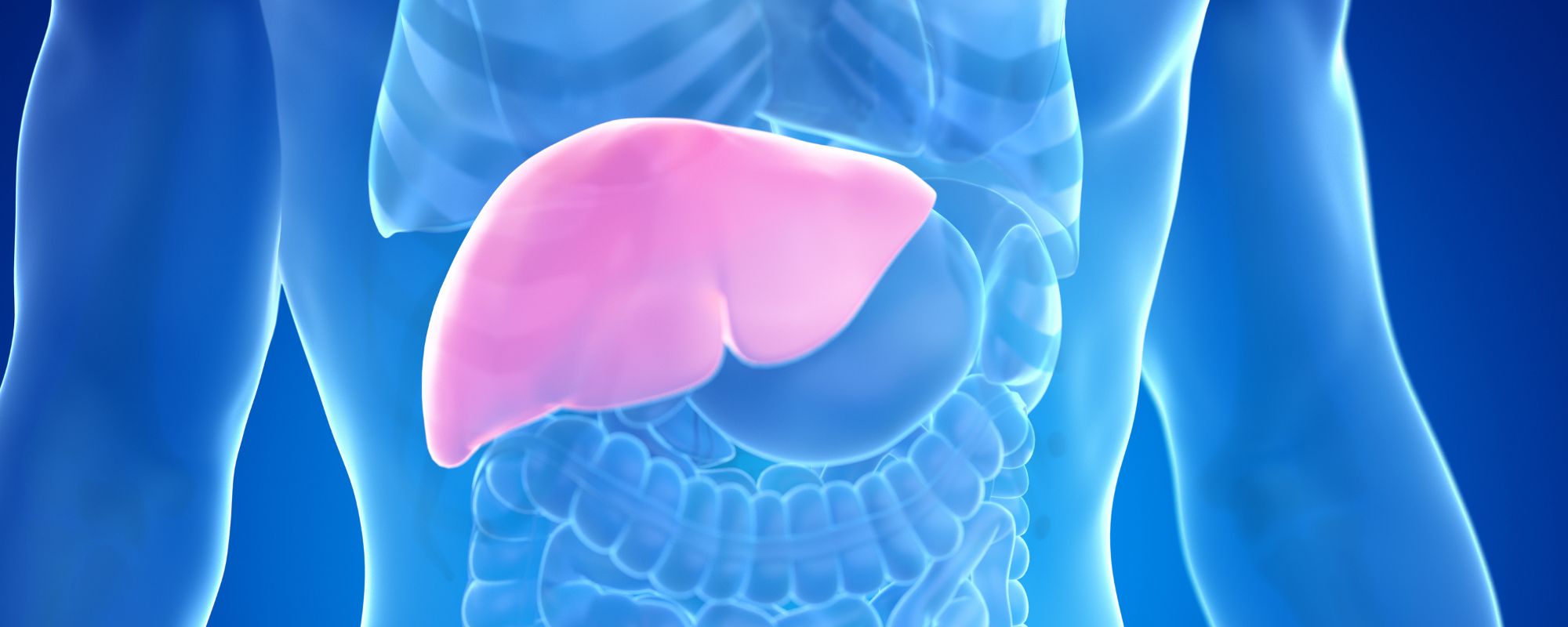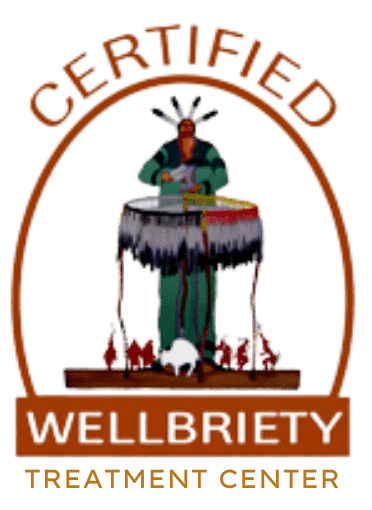Low self-esteem is a common and painful barrier in the recovery process, especially for individuals healing from substance abuse. Many people entering addiction treatment centers carry deep shame about past actions during active addiction, which can make building self-esteem in recovery feel like an uphill battle. But healing is possible. Understanding the role of self-esteem in recovery can be a powerful motivator for growth, change, and long-term sobriety.
At Royal Life Centers, we support individuals through every step of their recovery, offering evidence-based therapies, levels of care, and holistic support that prioritize emotional healing just as much as physical wellness. In this blog, we’ll explore how to boost self-esteem during and after treatment, and how improving your self-worth can positively influence your recovery.
Why Building Self-Esteem in Recovery Matters
The link between self-esteem and substance abuse is well-documented. For many, low self-esteem can lead to substance use as a way to numb emotional pain, cope with trauma, or silence self-critical thoughts. But over time, addiction erodes your sense of self even further, reinforcing negative beliefs and deepening shame.
Self-esteem and addiction create a cycle: you feel worthless, so you use, and after using, you feel even more worthless. Breaking this cycle is essential—and it starts with learning to see yourself as worthy of healing, happiness, and connection.
You Are Not Your Addiction
One of the most powerful realizations in recovery is that you are not your disease. Addiction is a chronic brain condition, not a moral failure. Whether you’re in residential inpatient care, partial hospitalization programs, or intensive outpatient treatment, the message remains the same: your addiction may explain your past, but it doesn’t define your future.
Psychotherapy programs like cognitive behavioral therapy (CBT) and dialectical behavior therapy (DBT) help people separate their self-worth from their past behaviors. Through structured sessions in individual therapy, family therapy, and group counseling, clients learn to challenge negative thought patterns, manage emotional distress, and build self-esteem in meaningful ways.
Let Go of Shame: Reclaim Your Self-Worth
Shame is a common emotion during early recovery, especially when facing the consequences of addiction. You may feel embarrassed by your past, regret the way you treated loved ones, or believe you’re unworthy of love and happiness. These thoughts are normal, but they aren’t the truth.
To boost self-esteem and regain a positive self-image, begin by practicing forgiveness. Acknowledge what happened, accept responsibility, and then choose to move forward. Behavioral therapies, such as motivational interviewing and CBT, can help you reframe your internal dialogue and develop more compassionate self-talk.
Don’t Let Your Feelings Define You
Negative emotions are part of the recovery experience, but they don’t make you a failure. Feeling shame, sadness, or regret doesn’t mean you haven’t made progress. Self-esteem during addiction recovery grows when you allow yourself to feel without judgment and recognize that emotions aren’t facts.
Instead of letting painful thoughts spiral, learn coping skills like mindfulness, journaling, or positive affirmations. Surround yourself with people who uplift you, and practice speaking kindly to yourself. When you catch yourself engaging in self-critical thinking or trying to compare yourself to others, pause and remind yourself: your path is your own, and your progress is valid.
Accept Compliments and Validation—Even If It’s Uncomfortable
Receiving praise can feel uncomfortable, especially if you struggle with low self-esteem and substance use history. You might dismiss compliments as insincere or unearned. But the truth is: you deserve recognition. Whether someone compliments your progress, resilience, or kindness, believe that those words are grounded in truth.
Compliments can be a powerful reminder of the good others see in you—even if you haven’t fully seen it yourself yet. Just remember: external validation is encouraging, but true self-esteem comes from your thoughts, actions, and ability to set realistic goals and meet them.
Set Goals for Yourself and Celebrate Progress
Goal-setting is a foundational piece of recovery and self-esteem. Whether you’re attending outpatient treatment, living in a sober living environment, or engaging in aftercare support, creating goals for yourself gives your recovery structure and purpose.
Start small: get out of bed each morning, make your therapy appointments, or eat three meals a day. Then expand: apply for a job, reconnect with family, volunteer, or return to school. Every goal met is a reminder that you’re capable, and every small win builds confidence in your ability to stay sober and move forward.
Practice Consistent Self-Care
Self-care is a crucial part of restoring your sense of worth. In active addiction, things like nutrition, hygiene, and sleep often fall by the wayside. But in recovery, learning to care for yourself is both a necessity and an act of self-respect.
Whether you’re recovering from alcohol addiction, cocaine addiction, heroin addiction, or process addictions, building a routine of healthy eating, regular sleep, and physical activity can have an enormous impact on your self-esteem. Many rehab programs also incorporate holistic therapies like yoga, art, meditation, and fitness to help clients reconnect with their bodies and minds.
Find the Right Treatment Center for Your Needs
At Royal Life Centers, our mission is to help individuals not only recover from substance use but also rediscover who they are. Our comprehensive substance abuse treatment programs include:
Detox services, including alcohol detox and support for alcohol withdrawal
Residential inpatient treatment and partial hospitalization
Intensive outpatient programs (IOP)
Medication-assisted treatment for opioid and alcohol use disorders
Dual diagnosis care for co-occurring mental health disorders like depression, anxiety, and bipolar disorders
Individual, group, and family therapy
Cognitive behavioral therapy, motivational interviewing, and trauma-informed care
We’re in-network with most major insurance providers and can help you verify your insurance quickly during our admissions process.Call today to learn more!













